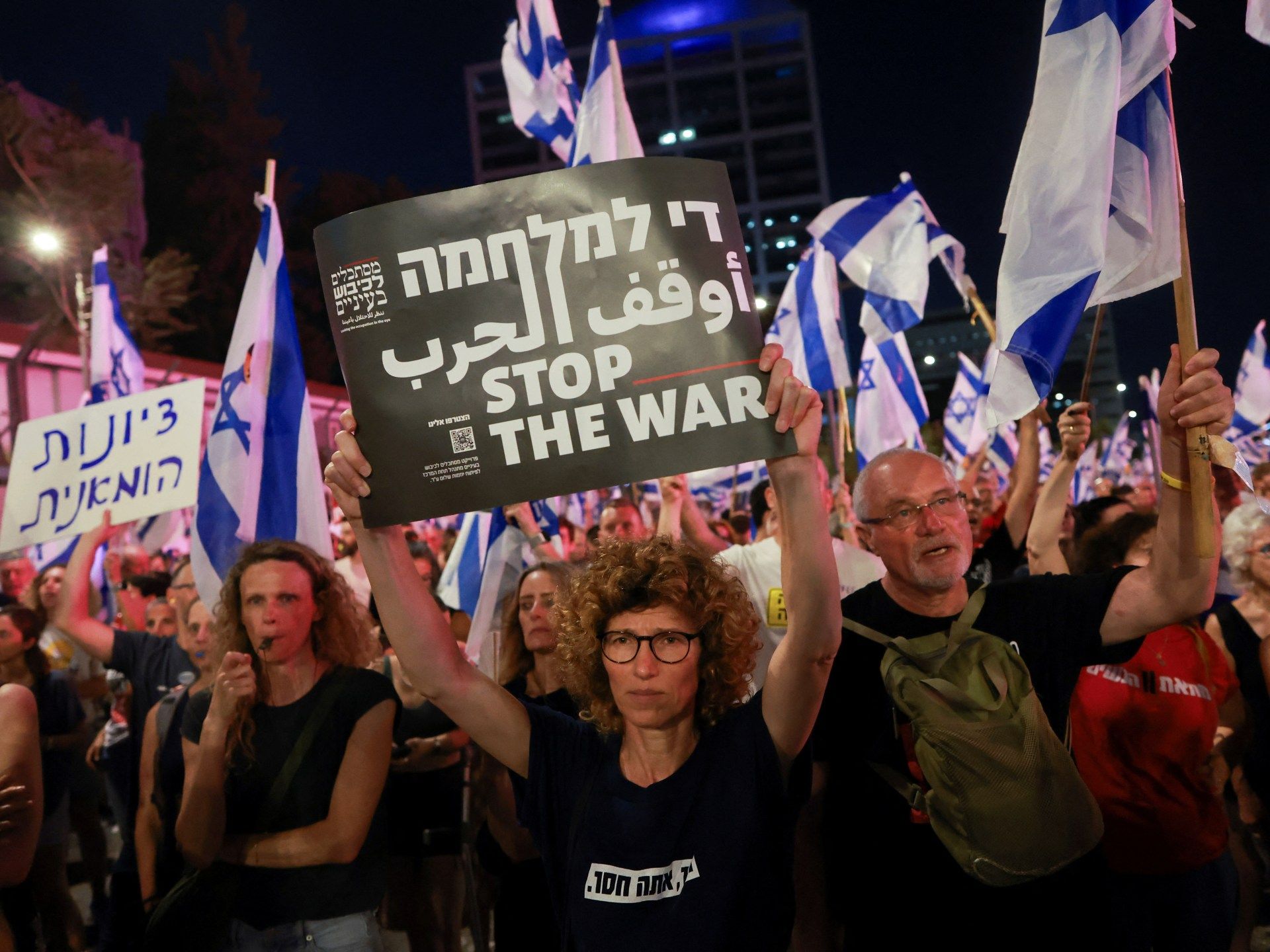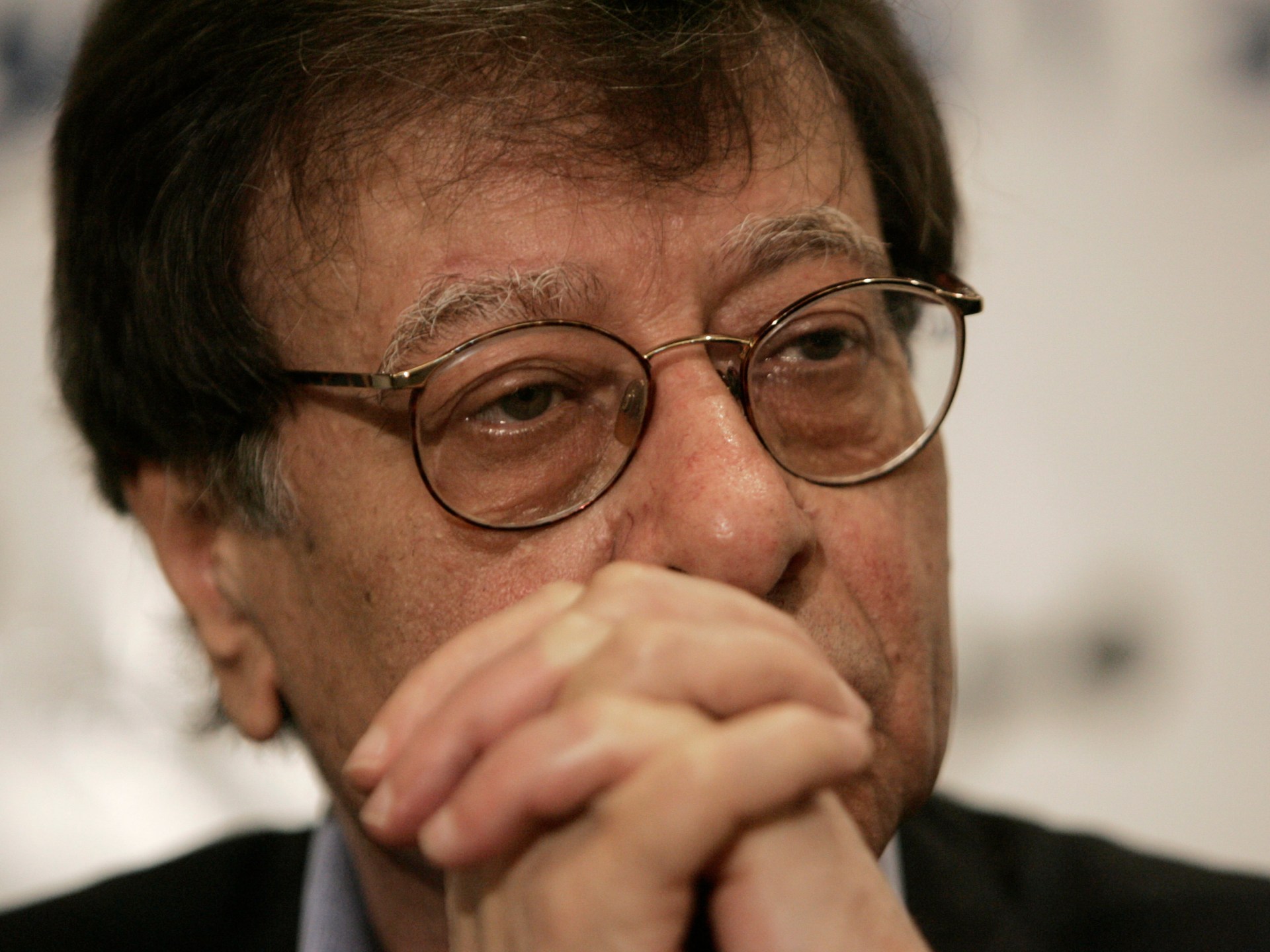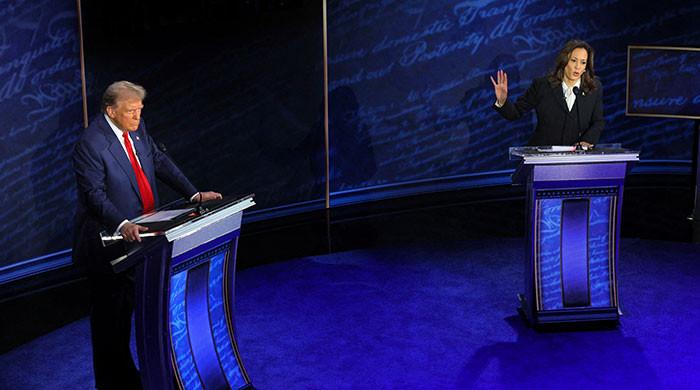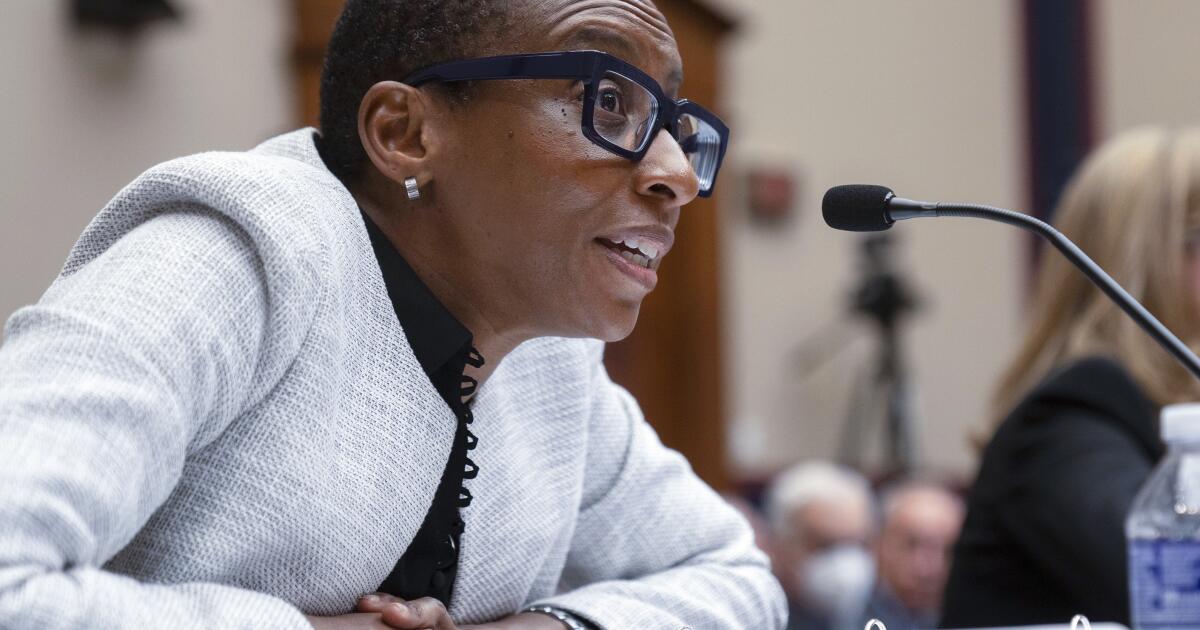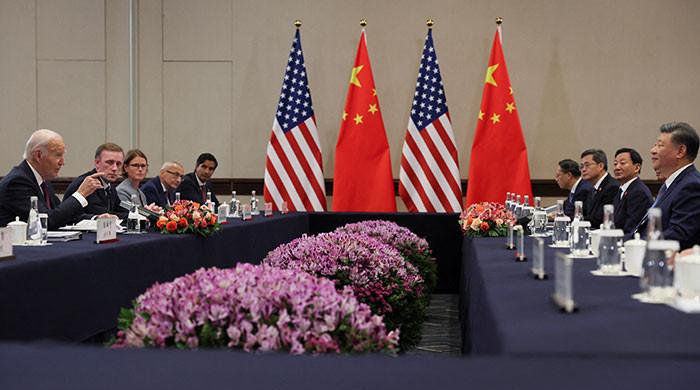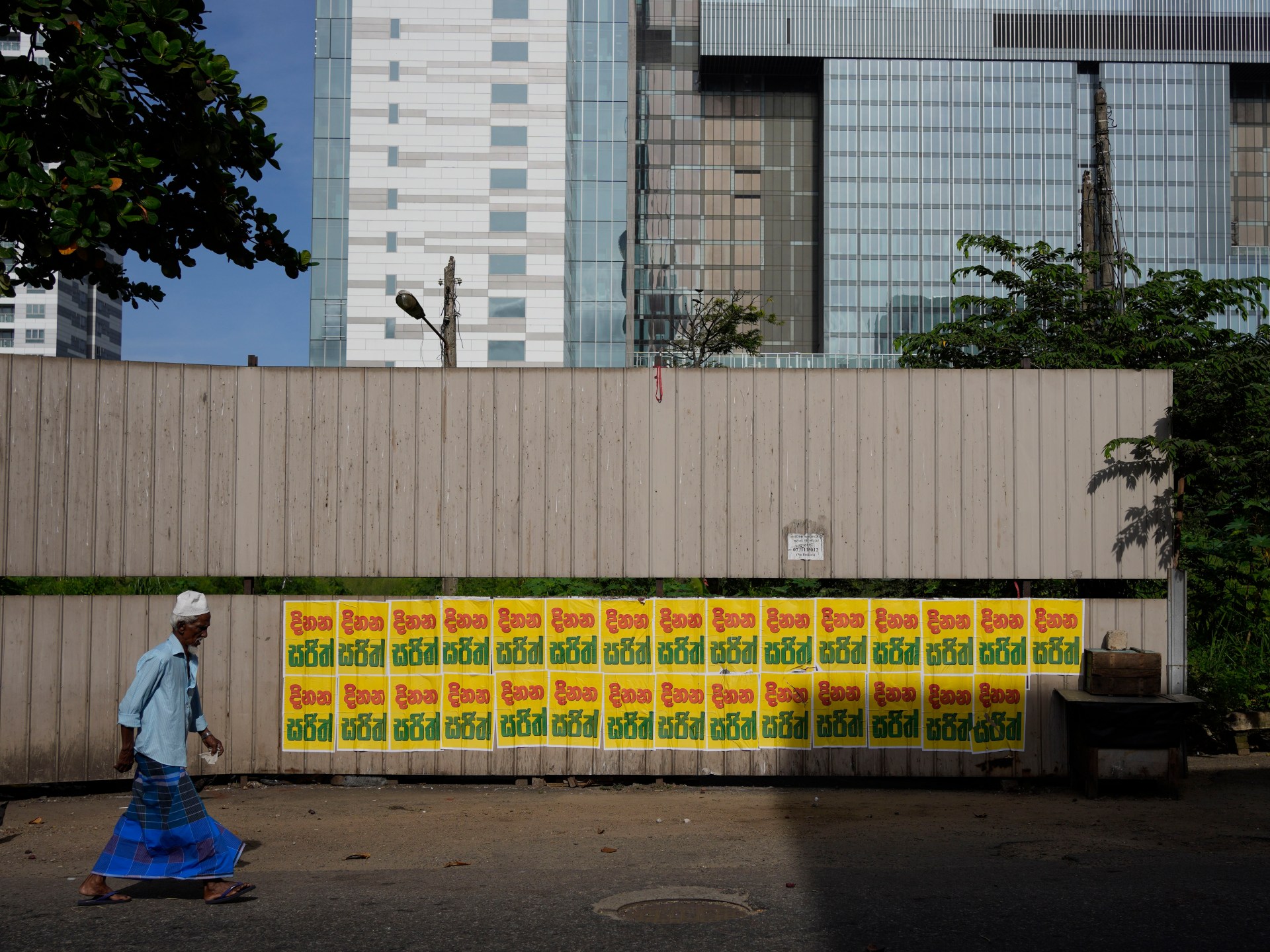Hamas says there has been no progress in ceasefire talks with Israel over the war in Gaza as tens of thousands of protesters took to the streets of Tel Aviv demanding the government save captives and reach a deal.
Osama Hamdan, a senior Hamas official based in Lebanon, said on Saturday that the Palestinian group is still ready to discuss any truce proposal that would end the nearly nine-month conflict.
“Once again, Hamas is ready to positively address any proposal that guarantees a permanent ceasefire, a comprehensive withdrawal from the Gaza Strip and a serious exchange agreement,” Hamdan said at a news conference in Beirut.
Efforts by U.S.-backed Arab mediators have so far failed to conclude a ceasefire, with both sides blaming each other for the impasse. Hamas says any deal must end the war for good and bring about Israel's full withdrawal from Gaza. Israel says it will only accept temporary pauses in fighting until Hamas, which has ruled Gaza since 2007, is “eradicated.”
Hamdan also blamed the United States for pressuring Hamas to accept Israel's conditions.
Organizers of the anti-government protest in Tel Aviv estimated that 130,000 Israelis gathered in the city center on Saturday night demanding an immediate truce agreement to bring the captives home.
At a press conference held in front of the Ministry of Defense, relatives of those detained in Gaza spoke to the crowd.
“Don’t let Netanyahu sabotage the deal again. Netanyahu’s insistence on prolonging the war is standing between us and our loved ones,” said an unnamed relative.
“Continuing the war means killing hostages at the hands of the Israeli government. People understand that Netanyahu is prolonging the war for personal reasons: reaching a deal would lead to early elections and end his rule.”
New American text
On Saturday, the Associated Press news agency quoted an unnamed “senior Biden administration official” as saying that the United States has presented new language to intermediaries Egypt and Qatar with the aim of trying to revive stalled negotiations between Israel and Hamas. .
The official said the revised text focuses on negotiations that must begin between Israel and Hamas during the first phase of a three-phase deal that U.S. President Joe Biden unveiled nearly a month ago.
The first phase calls for a “full and complete ceasefire,” the withdrawal of Israeli forces from all densely populated areas of Gaza and the release of several captives – including women, the elderly and the wounded – in exchange for the release of hundreds of Palestinian prisoners.
The proposal called for the sides to negotiate the terms of the second phase during the 42 days of the first. Under the current proposal, Hamas would be allowed to release all remaining men, both civilians and soldiers. In exchange, Israel would be allowed to release an agreed number of Palestinian prisoners and detainees. The releases would not occur until a “sustainable calm” is in place and all Israeli troops are withdrawn from Gaza.
The proposed new language, which the official did not detail, is aimed at finding a solution to differences between Israel and Hamas regarding the parameters of the negotiations between phase one and phase two.
Hamas wants negotiations focused on the number and identity of Palestinian prisoners to be released from Israeli jails, in exchange for keeping Israeli soldiers and captive men held in Gaza alive, the official said. Israel wants the negotiations to be broader and include the demilitarization of territory controlled by Hamas.
Hamdan said the group had not yet received a new ceasefire proposal from mediators. Hamas political leader Ismail Haniyeh spoke by phone with Egypt's intelligence chief to discuss negotiations, Hamas said in a statement.
Growing fears of a wider war
Talks of a truce come as pressure mounts on regional and world leaders to end the Gaza war as fears grow of its expansion into Lebanon. Both Hamas-allied Hezbollah and Israeli officials have threatened a major escalation over the past week.
Analysts have said that an open war in northern Israel and southern Lebanon would be catastrophic for the Middle East. Seven countries have called on their citizens to urgently leave Lebanon, the latest of which has been Saudi Arabia, which has urged its citizens to “leave Lebanese territory immediately.”
Israel's Defense Minister Yoav Gallant threatened this week to bomb Lebanon to “return it to the Stone Age” if a major conflict broke out. Iran, Hezbollah's main ally, warned Israel of a “devastating war” if it attacked Lebanon.
Egyptian President Abdel Fattah el-Sisi on Saturday highlighted the prospect of an “unprecedented” war in the region and called for urgent international intervention to prevent the “expansion of a conflict that is seriously escalating.”

